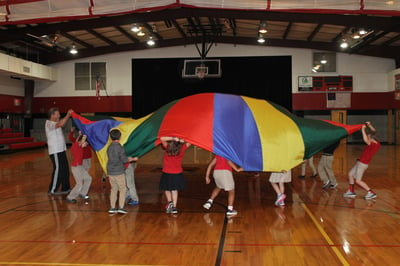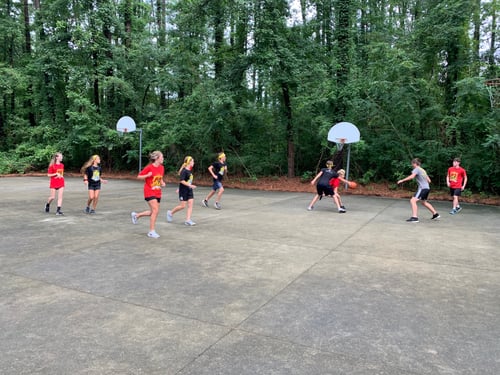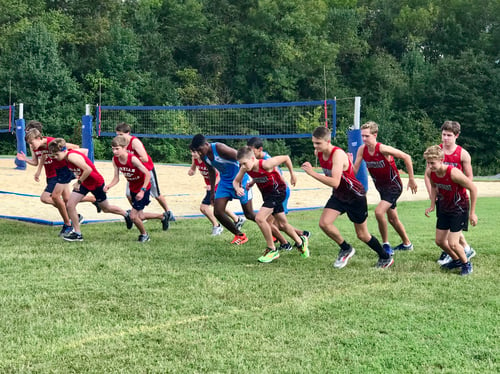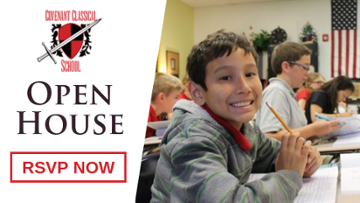God knows our bodies intimately. He knows how they were knit together and He made them well, after His own image. He made them for work and for love. Taking care of our bodies is our privilege. Learning how to move and perform complex motor functions is part of His design for us. Learning to be proficient at those movement patterns is beneficial for all students preparing to fulfill their God-given purpose. So, where does it fit in classical education?
The Grammar Stage
As with any other subject in the Grammar School, students first learn facts and information about how to move correctly. They learn chants, cues, and patterns that help them identify and remember how a specific movement should go. Just as third grade math students learn multiplication chants and use them to solve simple equations, in physical education students recite the basics of throwing overhand: “side to the target, T, L, step and throw.” Then they use that skill to play basic games where they practice performing that skill correctly.
 The Logic/Dialectic Stage
The Logic/Dialectic Stage
In the Logic School, students begin to use facts to view information critically. In physical education, students do that by testing the skills they learned in Grammar School through small sided games. The throwing skills they learned come together with other skills to make them valuable players and team members in a game of handball or flag-football. Students discover the right and wrong ways to put their skills to use.
 The Rhetoric Stage
The Rhetoric Stage
When students get to Rhetoric School, the skills they have learned in the first two stages become a matter of character and culture, adding to their knowledge of themselves as well as the world around them. At this stage students begin to know what they like and may choose to develop those skills that will benefit them in the future.
 The Big Picture
The Big Picture
A student may “fall in love” with basketball, but physical education enables that love to be embodied and to develop them in knowledge, teamwork, discipline, physical health and joy. While they are still young they will develop the muscles to hoist the basketball and the reflexes to shoot with correct form. By late in the Grammar School, students should be able to get the ball to the basket, and may start to put the skills of running and dribbling and shooting together. By the Logic Stage, with an opponent in the mix they will develop the far more complex patterns of thinking and movement necessary for offense and defense. By the time that student gets to the Rhetoric Stage, an abstract love for basketball has been transformed into a way for them to shape and develop their life. They may be able to play on the high-school team, compete in an intramural game as a college student, or find a community league to play on, but along the way they will discover a world of new opportunities to use, enjoy and take care of their body, just like God has commanded us to do!


